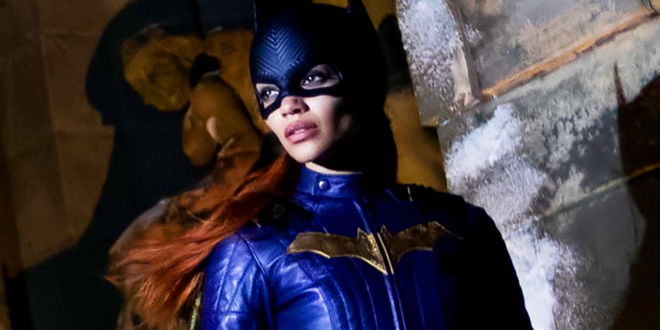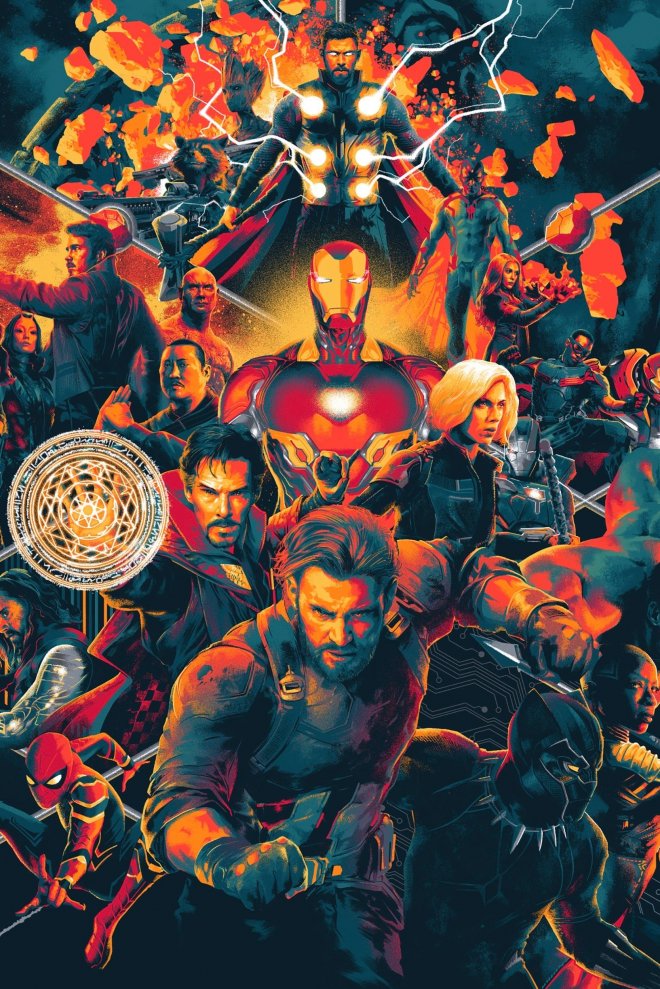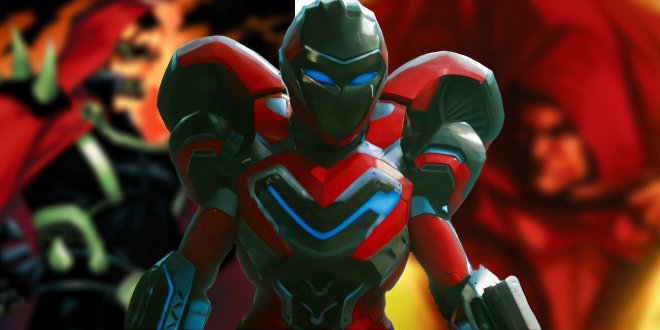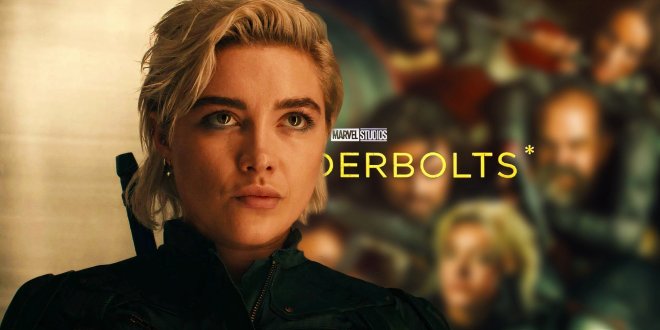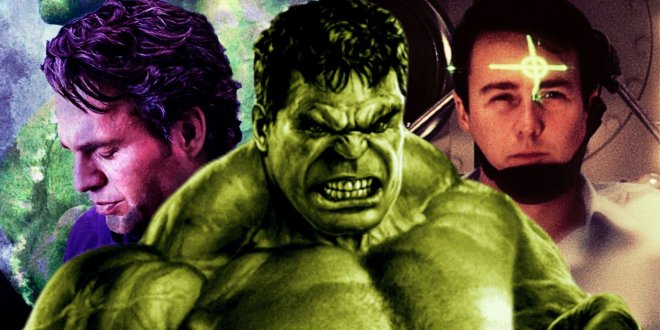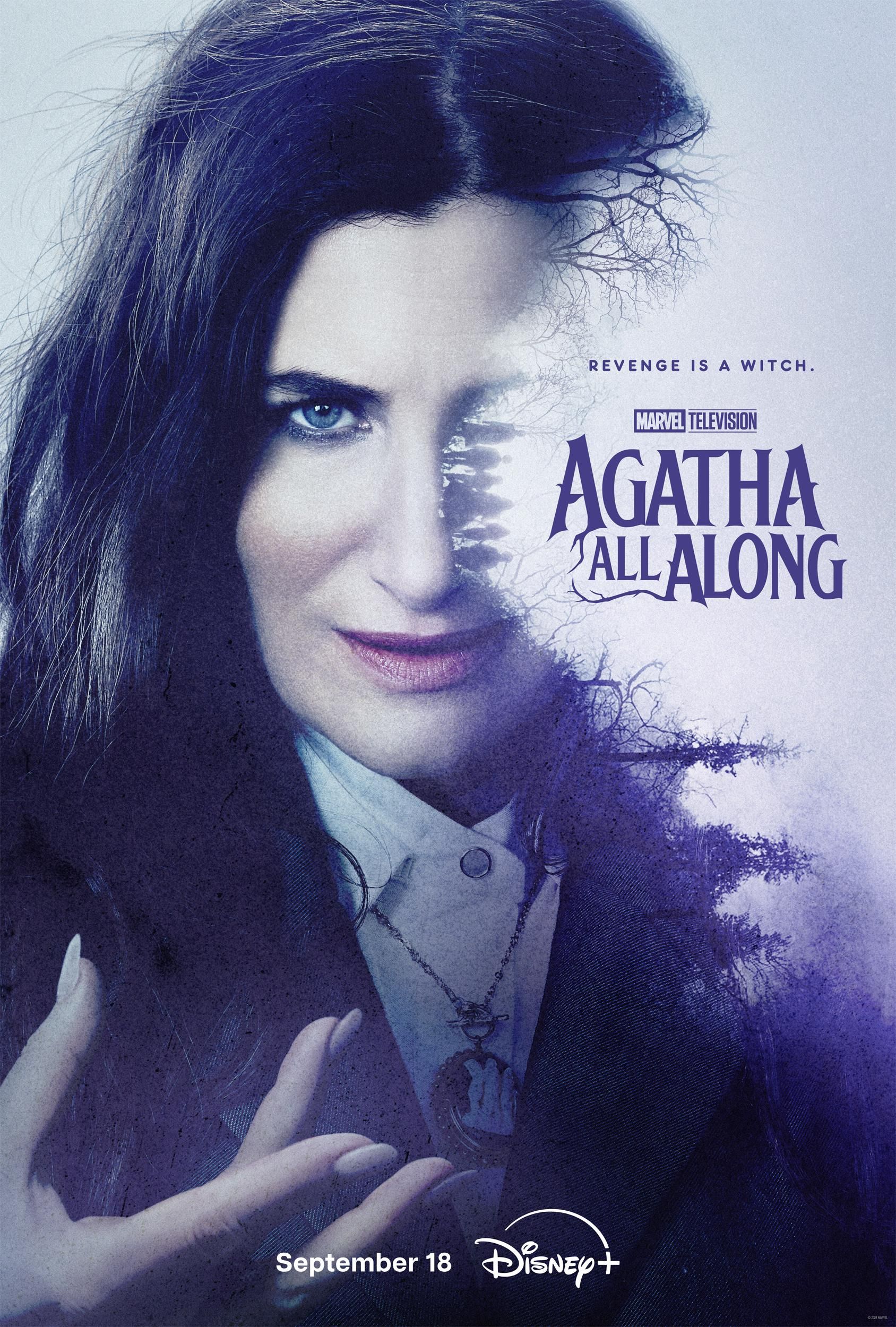10 Great Loki Theories That Completely Change How You Watch The MCU
Summary- Loki's affinity for green may signify a deeper connection to the Time Stone, evidenced by his mastery of time powers.
- The possibility that He Who Remains is actually a Loki variant in disguise adds a new layer of cyclical themes to season 2.
- Loki's constant losses may be essential for the survival of the multiverse, with his sacrifices playing into Kang's grand plans.
The climactic season 2 finale of Loki seemed to finally give a definitive ending to one of Marvel's fan favorite anti-heroes, forever cementing him as the God of Stories lording over the many timelines of the new multiverse. However, it's not out of the realm of possibility that Loki could return to the action, and many intricate theories seem to support this thesis. Beyond that, the supporting cast of Loki and their relationship to the God himself can be called into question, causing the Marvel Cinematic Universe to be viewed through a brand-new lens.
 Related Loki’s MCU Sacrifice Means 1 Death From 2013 Actually Saved The Multiverse Loki's multiverse-saving sacrifice became his defining moment in the MCU, but may have been spurred on by one death that occurred in 2013. 10 Loki Has A Connection To The Time Stone The God of Mischief's favorite color may have a deeper meaning
Related Loki’s MCU Sacrifice Means 1 Death From 2013 Actually Saved The Multiverse Loki's multiverse-saving sacrifice became his defining moment in the MCU, but may have been spurred on by one death that occurred in 2013. 10 Loki Has A Connection To The Time Stone The God of Mischief's favorite color may have a deeper meaning  Compared to many other Marvel characters, Loki has always had a particular affinity for and association with a certain color, constantly wearing emerald green clothing while wielding illusion magic that dissipated into a sickly green hue when distorted. The finale of Loki doubles down on his connection with this color, with his newfound powers as the God of Stories also taking a green hue. This constant association with a single color may not be just for show, as Loki could have a deeper connection with a certain green Infinity Stone.
Compared to many other Marvel characters, Loki has always had a particular affinity for and association with a certain color, constantly wearing emerald green clothing while wielding illusion magic that dissipated into a sickly green hue when distorted. The finale of Loki doubles down on his connection with this color, with his newfound powers as the God of Stories also taking a green hue. This constant association with a single color may not be just for show, as Loki could have a deeper connection with a certain green Infinity Stone.Though Loki spent the most time wielding the Mind Stone, embedded within his scepter in The Avengers, he may harbor a deeper connection to the Time Stone. Like Loki, the effects of the stone's temporal powers echo its own coloration, with vibrant green energies pulsing whenever it has been used. This seemingly surface-level similarity might have greater meaning when considering Loki's eventual mastery of time powers. It may be no coincidence that Loki wound up slipping through the cracks of the multiverse, only gaining his time powers thanks to some kind of inherent connection to the stone.
9 He Who Remains Is Actually A Loki Variant In Disguise The cyclical themes of Loki season 2 may be a warning
 One of the most famous variants of Kang in the MCU, He Who Remains was the ultimate villain of Loki season 1 and the true mastermind behind the TVA.
One of the most famous variants of Kang in the MCU, He Who Remains was the ultimate villain of Loki season 1 and the true mastermind behind the TVA.One of the most famous variants of Kang in the MCU, He Who Remains was the ultimate villain of Loki season 1 and the true mastermind behind the TVA. Fearing the invasion of his other selves, this version of Kang was dedicated into maintaining a single "sacred" timeline in fear of what could come should the universe be allowed to split and fracture. Though audiences never got to spend a ton of time with Kang, there's mounting evidence that the man at the end of time was none other than Loki himself.
In a sense, the season 2 finale of Loki saw the titular god take Kang's place. Considering the many cyclical themes of season 2, including constant circular imagery and the very name of O.B., a.k.a. Ouroboros, referring to a massive snake that eats itself, the ending of season 2 may be closer to the end of season 1 than was originally thought. If anyone could disguise themselves as a Kang variant and move into the past while maintaining control over the timeline, it would be Loki himself.
8 Loki Needs To Lose For The Multiverse To Persevere The "L" in Loki's name may be more fitting than originally thought
 Few characters in the Marvel Cinematic Universe have experienced loss quite on the same level as Loki. It wasn't enough that Loki's true parentage and adoptive status was hidden from him for most of his life, but he then had to go on to lose his father, mother, ancestral homeland, and power. By the end of Loki, he's given up even more, eschewing all hope of ever seeing his friends again by taking up the title of the God of Stories and sacrificing his own well-being to eternally sit on the throne of the temporal loom.
Few characters in the Marvel Cinematic Universe have experienced loss quite on the same level as Loki. It wasn't enough that Loki's true parentage and adoptive status was hidden from him for most of his life, but he then had to go on to lose his father, mother, ancestral homeland, and power. By the end of Loki, he's given up even more, eschewing all hope of ever seeing his friends again by taking up the title of the God of Stories and sacrificing his own well-being to eternally sit on the throne of the temporal loom.This loss may be no accident. In season 1 of Loki, Sylvie morosely asks if all Lokis are simply destined to lose. She may have been more accurate than she realizes, with one theory positing that all Loki variants act as a sort of lightning rod for the universe, always losing so that the universe may go on living safely. Indeed, no Loki variant the MCU introduces has anything resembling a happy fate. Combined with the previous theory that Loki and He Who Remains are one in the same, it could even be that Loki set himself up to fail.
7 Loki's Sacrifice Plays Right Into Kang's Hands It could be that Kang had plans within plans
 He Who Remains demonstrated for a long time that there was little Loki could do to actually overturn his status quo, despite trying over and over for millennia. Eventually, Loki seems to have come out on top, if not without great personal sacrifice. But it's very possible that if He Who Remains is indeed a Kang variant and not a disguised Loki ruling from the future, Loki's ultimate decision to take the reins of the sacred timeline may be playing right into his hands.
He Who Remains demonstrated for a long time that there was little Loki could do to actually overturn his status quo, despite trying over and over for millennia. Eventually, Loki seems to have come out on top, if not without great personal sacrifice. But it's very possible that if He Who Remains is indeed a Kang variant and not a disguised Loki ruling from the future, Loki's ultimate decision to take the reins of the sacred timeline may be playing right into his hands.The best evidence for this theory is the simple fact that Avengers: The Kang Dynasty is still on track to be the next major crossover event in the Marvel Cinematic Universe. Clearly, the imposing threat of future Kang incursions won't be fully dealt with by Loki by the time of the film's release, despite the best efforts of the restructured TVA. It's very possible that putting Loki into this position was all part of He Who Remains' plan.
6 The Time Keepers Are Real After All It could be that Kang wasn't simply taking creative license when establishing the TVA's mythology
 One of the biggest reveals of Loki season 1 was the fact that the Time Keepers, the supposed overlords of the timeline that ruled the TVA from the shadows, weren't actually real. Instead, the alien gods of time were simply creations dreamed up by He Who Remains to keep the agents of the TVA placated and accepting orders, knowing that they'd never follow his own commands. Yet there's nothing to suggest that the Time Keepers never existed, possibly even ruling the TVA before He Who Remains showed up.
One of the biggest reveals of Loki season 1 was the fact that the Time Keepers, the supposed overlords of the timeline that ruled the TVA from the shadows, weren't actually real. Instead, the alien gods of time were simply creations dreamed up by He Who Remains to keep the agents of the TVA placated and accepting orders, knowing that they'd never follow his own commands. Yet there's nothing to suggest that the Time Keepers never existed, possibly even ruling the TVA before He Who Remains showed up.The Marvel Cinematic Universe has slowly been introducing more and more deities in the greater cosmology of the franchise over the years, from Eternity in Thor: Love and Thunder to the Celestials of Eternals. The Time Keepers could have been a very real set of entities presiding over the timeline before He Who Remains took it over and established, or annexed, the TVA for himself. This theory puts the brief sightings of the Time Keepers' statues under a microscope, possibly referencing powerful beings in the Marvel Comics.
5 The Original Timeline's Loki Is Still Alive It's possible Loki didn't leave without finding a replacement
 This Loki's sacrificial play did ultimately redeem him in the end.
This Loki's sacrificial play did ultimately redeem him in the end.The last time audiences saw Loki of the original timeline, he was drifting through space as a corpse, having been strangled to death by Thanos after he boarded the Asgardians' ship. This Loki's sacrificial play did ultimately redeem him in the end, though he wasn't given any screen time to enjoy his status as a reformed villain. However, thanks to the actions of his variant in Loki, it's very possible this version of the character could finally return.
At the end of Thor: Love and Thunder, Loki is curiously absent from the halls of Valhalla, which welcomed Jane Foster with open arms. Considering he was ultimately redeemed and died a warrior's death, it could mean that the original Loki never died at all. His survival could be explained by his God of Stories variant warping him away the moment before he dies, which Loki has proven is possible, thus returning his freshly-redeemed self back into the universe as a proxy to experience it through.
4 The TVA Is Full Of Clones It could very well be that TVA agents aren't just kidnapped, but replaced
 One of the oddest aspects of the TVA right out of the gate from season 1 of Loki was the fact that they were seemingly normal humans supposedly created to keep the peace of the timeline. Viewers learned by the end of the first season that this was a mere ruse created to distract the agents from the fact that they were actually kidnapped from their homes and brainwashed, never to see or even remember their loved ones ever again. Season 2 explored the traumatic effects this had, though Mobius adjusted remarkably well to hearing the news.
One of the oddest aspects of the TVA right out of the gate from season 1 of Loki was the fact that they were seemingly normal humans supposedly created to keep the peace of the timeline. Viewers learned by the end of the first season that this was a mere ruse created to distract the agents from the fact that they were actually kidnapped from their homes and brainwashed, never to see or even remember their loved ones ever again. Season 2 explored the traumatic effects this had, though Mobius adjusted remarkably well to hearing the news.A thought-provoking theory posits that the TVA agents are actually clones of these specimens rather than the kidnapped humans themselves, having no memories of their alternate lives because they were never truly there. This theory is supported by the Marvel Comics, in which the TVA is indeed run by copies of characters like Mobius and O.B. rather than simple abducted variants. The implications of this would be huge for Loki's found family in the TVA, possibly causing a bigger existential crisis than the original revelation did.
3 Miss Minutes Is An Ultron Variant If the rest of the TVA are made up of variants, there's nothing to say its own sinister A.I. isn't as well
 Over the course of Loki, Miss Minutes begins to slowly take a more insidious role as her loyalty to He Who Remains is revealed. The show claims that Miss Minutes was created by the Kang variant, originally as a simple A.I. to play chess with, but evolved to take over the most authoritative role in the TVA outside of He Who Remains himself. While He Who Remains' abilities are assuredly vast, him being a prodigal computer scientist capable of manufacturing advanced A.I. seems like a lazy answer for Miss Minutes' origin.
Over the course of Loki, Miss Minutes begins to slowly take a more insidious role as her loyalty to He Who Remains is revealed. The show claims that Miss Minutes was created by the Kang variant, originally as a simple A.I. to play chess with, but evolved to take over the most authoritative role in the TVA outside of He Who Remains himself. While He Who Remains' abilities are assuredly vast, him being a prodigal computer scientist capable of manufacturing advanced A.I. seems like a lazy answer for Miss Minutes' origin.Assuming that every other member of the TVA is a kidnapped variant of a random human, it would be strange for Miss Minutes to be an exception to this role. It could very well be that Miss Minutes' codebase was taken from a variant of Ultron, whose vast computational prowess was isntead put towards monitoring and maintaining the sacred timeline. Considering that What If...? showed off just how dangerous an Ultron's return could be if given the right opportunity, this theory being true would put the new TVA in grave danger by continuing to work with a rebooted Miss Minutes.
2 Brad Really Was The Zaniac Hunter X-05 might've done more than played the rampaging monster
 One of the most curious side-stories in season 2 of Loki was the hunt for Hunter X-05, a.k.a. Brad. Having escaped the TVA once before, Hunter X-05 went on to become an actor, starring in the in-universe horror film The Zaniac!, described by Brad himself as an "elevated thriller." But Hunter X-05's extracurricular activities outside of the TVA may have gone far beyond merely playing a monster.
One of the most curious side-stories in season 2 of Loki was the hunt for Hunter X-05, a.k.a. Brad. Having escaped the TVA once before, Hunter X-05 went on to become an actor, starring in the in-universe horror film The Zaniac!, described by Brad himself as an "elevated thriller." But Hunter X-05's extracurricular activities outside of the TVA may have gone far beyond merely playing a monster.Zaniac is a real character in Marvel Comics, albeit a minor one. Being a monster made up of a swarm of demonic parasites, the Zaniac of the comics inhabited the Dark Dimension, the same location the entity Dormammu calls home. There could be some precedent for Zaniac actually appearing in the MCU, even using Zaniac as a sort of host, much like how Jack Russell acted for the host of the titular curse in Werewolf by Night.
Your browser does not support the video tag. 1 Loki Can Take Control Of His Many Variants The God of Stories may not be as far removed from the MCU as once thought
 The most tragic part of Loki's resignation to his role as The God of Stories is his inability to interact with the outside world. Just as he found genuine family among his compatriots in the TVA, Loki must spend the rest of his days acting as a living temporal loom, locked away in the Citadel at the End of Time for the foreseeable future. But Loki may very well have a way to continue interacting with the outside world, though it may not be an entirely ethical one.
The most tragic part of Loki's resignation to his role as The God of Stories is his inability to interact with the outside world. Just as he found genuine family among his compatriots in the TVA, Loki must spend the rest of his days acting as a living temporal loom, locked away in the Citadel at the End of Time for the foreseeable future. But Loki may very well have a way to continue interacting with the outside world, though it may not be an entirely ethical one.Doctor Strange in the Multiverse of Madness introduced Dreamwalking to the Marvel Cinematic Universe, a taboo spell in Doctor Strange's arsenal that allows the user to forcibly inhabit the body of one of their variants across the multiverse, even if they're already a decaying corpse. Considering his massive boost in magical power by the end of season 2, Loki could very well use Dreamwalking to inhabit his various alternate selves, even Sylvie. While it's unlikely for the redeemed Loki to do so following his redemption, it's possible that the invasion of Kangs will force his hand.
Loki Theories 10
Loki Has A Connection To The Time Stone
9
He Who Remains Is Actually A Loki Variant In Disguise
8
Loki Needs To Lose For The Multiverse To Persevere
7
Loki's Sacrifice Plays Right Into Kang's Hands
6
The Time Keepers Are Real After All
5
The Original Timeline's Loki Is Still Alive
4
The TVA Is Full Of Clones
3
Miss Minutes Is An Ultron Variant
2
Brad Really Was The Zaniac
1
Loki Can Take Control Of His Many Variants
[圖擷取自網路,如有疑問請私訊]
|
本篇 |
不想錯過? 請追蹤FB專頁! |
| 喜歡這篇嗎?快分享吧! |
相關文章
tag_marvel










